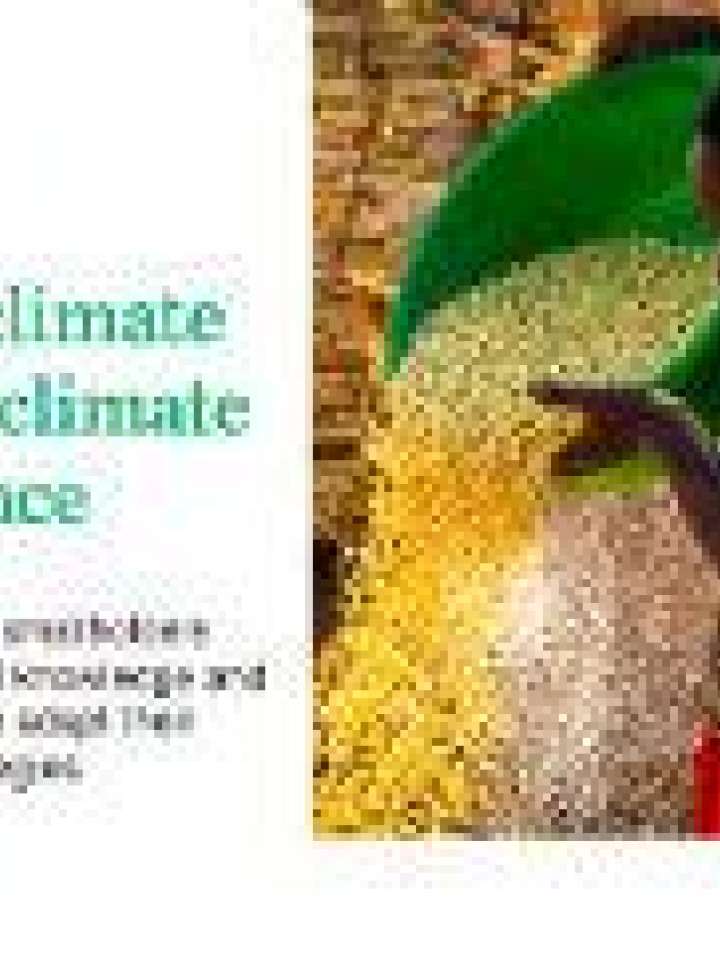From climate risk to climate resilience: How Zambian smallholders are using local knowledge and climate data to adapt their cropping strategies
This case study describes efforts to embed climate-resilient agriculture practices among smallholder farmers in Zamiba, through the establishment of climate farmer field schools in Northern Province in 2016. The case study presents details of the methodology that enables this work to be taken forward and replicated by local government and other institutions committed to climate-resilient smallholder farming over the medium- to long-term.
Zambia, like most of the Least Developed Countries (LDCs), is facing a future where smallholder crop production will be threatened by climate change. In this southern African nation, where smallholder farming is the norm, the effects of climate change — erratic rainfall, shorter seasons and prolonged dry spells — are already being felt.
Explore further
